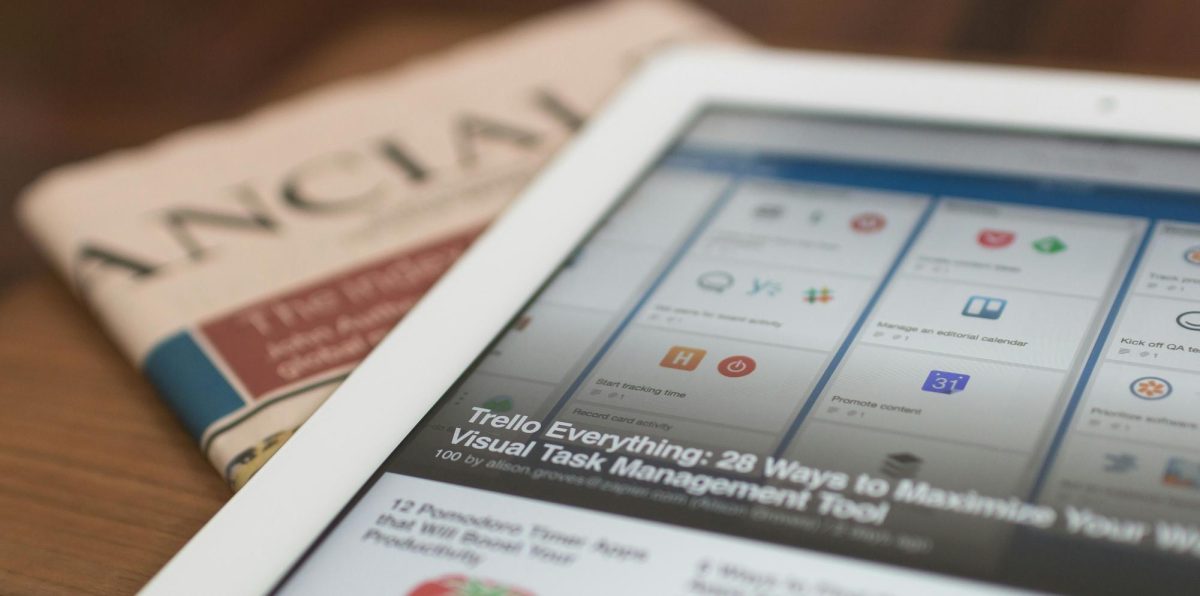“So, what’s your major?” is a question college students face on almost a daily basis. It’s a normal question, but for some reason, it can feel like there’s some sort of stigma around it.
As someone who has identified with various majors throughout my time in college, I know that feeling when you answer, and the reaction you get isn’t what you expected.
Stereotypes exist for most, if not all, majors out there.
Education majors supposedly barely put in any work, as their workload consists of coloring and finding the right crayons to use. Nursing majors are apparently snobby, engineering majors are depressed and communication majors don’t realize their degrees are useless.
This only scratches the surface of the harmful stereotypes about majors that are circulating out there.
These stereotypes put college students into a box, and it can prevent them from reaching their full potential in school. When students are putting in hard work to get their degrees, it can be extremely discouraging to hear that their majors are “useless” or less challenging than others.
As a student is met with these derogatory labels about their field of study, it invalidates the time and effort they’ve put toward getting their degree. Not to mention, hearing these stereotypes isn’t good for anyone’s mental health, and when these terms are thrown around so much, it can be hard to remain confident in your choice of major.
A student may try to choose a major they don’t really enjoy just because it has more positive stereotypes in comparison to others. Research shows strong evidence that peers can impact a student’s decision to pursue a certain major, according to an Annenberg Institute at Brown University study.
Peer pressure affects us all more than we think, especially as college students who are still navigating our career paths and finding out who we are. The same study also found strong evidence that peers influence many students to switch majors.
All it takes is for a friend to hear a negative stereotype about a major you’re interested in pursuing. They may believe that stereotype and try to discourage you from choosing a major that could potentially be a really good fit for you.
Stereotypes, in general, are harmful, and it shouldn’t be any different when it comes to majors.
For a student, their major is a part of their identity, and it defines a big part of who they are. When students feel confident and secure in their major choices, this reflects back on their mental well-being. Research shows that students who have clear ideas about the major choices tend to have better mental health and a better sense of purpose, according to a study from Sage Journals.
We should all aim to eliminate stereotyping other majors during our time in college. It’s important to support our peers and understand that although every major follows a different path, this isn’t something to frown upon but something to celebrate.
Let’s learn to embrace the differences in our fields of study and stop comparing our majors to others. Also, don’t be discouraged if you hear stereotypes about your own major.
It’s time to realize that there’s no such thing as an easy or “useless” major.
Madison Akers is a senior communication major from Easley, South Carolina. Madison can be reached at [email protected].









